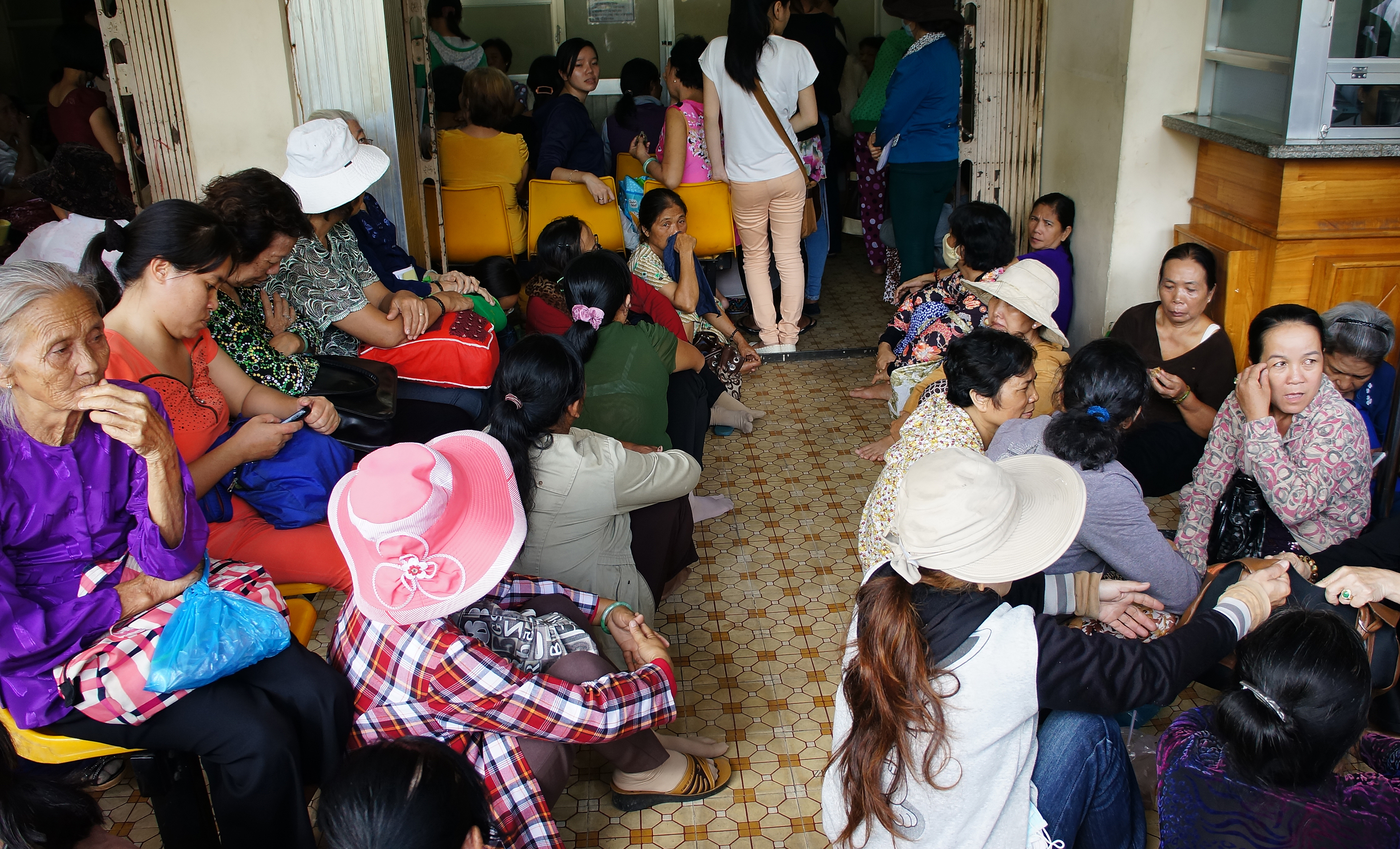The theme of the Canadian Conference on Global Health, Governance for Global Health: Power, Politics, and Justice, raised pertinent and timely questions regarding global health in the 21st century. How can the field of global health survive the tension between nationalism and global interconnectedness? Has diplomacy failed with respect to holding governance structures accountable for global health equity? Do the interests of the private sector and public governance structures converge?
Throughout the conference I found myself grappling with such questions. My own work as a social epidemiologist has focused on analyzing the distribution and determinants of gender-based violence during peacekeeping operations and humanitarian settings. Accountability and governance have been at the forefront of my research.
Since WWII, the UN has increasingly relied on peacekeeping operations to address international threats to peace and security within fragile states. The influx of predominantly well-paid male peacekeepers, relative to host countries with high levels of poverty and adverse social determinants of health, often creates informal labour markets putting women and girls at risk of sexual exploitation and abuse.
Since 2003, the UN has maintained a zero-tolerance policy on sexual interactions between peacekeepers and beneficiaries of assistance, labeling such sexual interactions as inherently abusive and exploitative. However, during the UN’s longest peace operation in Haiti, enough children were conceived by peacekeepers that a new term has been coined, labeling such children as Petit MINUSTAH.
A key barrier with respect to advocating for survivors of gender-based violence during peacekeeping operations and supporting the social determinants of health for children fathered by peacekeepers is accountability. Who is to be held accountable? How can global public health researchers and professionals develop and implement evidence-based programs and policies that support the life-course trajectories of children fathered by peacekeepers?
Similar to many other global health issues– from the health effects of climate change to displacement—there are no simple solutions. However, spaces for interdisciplinary dialogue, discussion, and debate inspire new research questions and build connections between global public health researchers. Health is a unique international interest. Across governance structures and ideologies, health is the foundation from which strong economies and nations are built.
As a social epidemiologist, my role is clear: collect and analyze high-quality quantitative data that illuminates the current burden of disease, recognizes risk and protective factors for health outcomes, and identifies causal mechanisms. Social epidemiologists play a key role in the development of evidence-based policies and programs. However, our discipline must also make a concerted effort to enhance knowledge translation and implementation.
Attending the annual Canadian Conference on Global Health is an opportunity for me to build my capacity for applied epidemiological research in humanitarian settings. Through the generous support of the Leacross Foundation, I attended conference presentations on “Supporting the Use of Research Evidence to Inform Decision Making in Crisis Zones” by Dr. Ahmad Firas and “Climate Change Advocacy for Human Health” by Dr. Ngozi Joe-Ikechebelu. In addition, I had the opportunity to meet Roslyn Bern, the founder of the Leacross Foundation, and seven other women pursuing academic/research careers in global health.
The 25thannual Canadian Conference on Global Health stressed the importance of accountability in global health. As a social epidemiologist, and aspiring academic and applied research scientist, the time is now to not only produce rigorous high-quality research but also narrow the gap between research and action. We are accountable to the participants who trust the research process and share with us their lived experiences.

